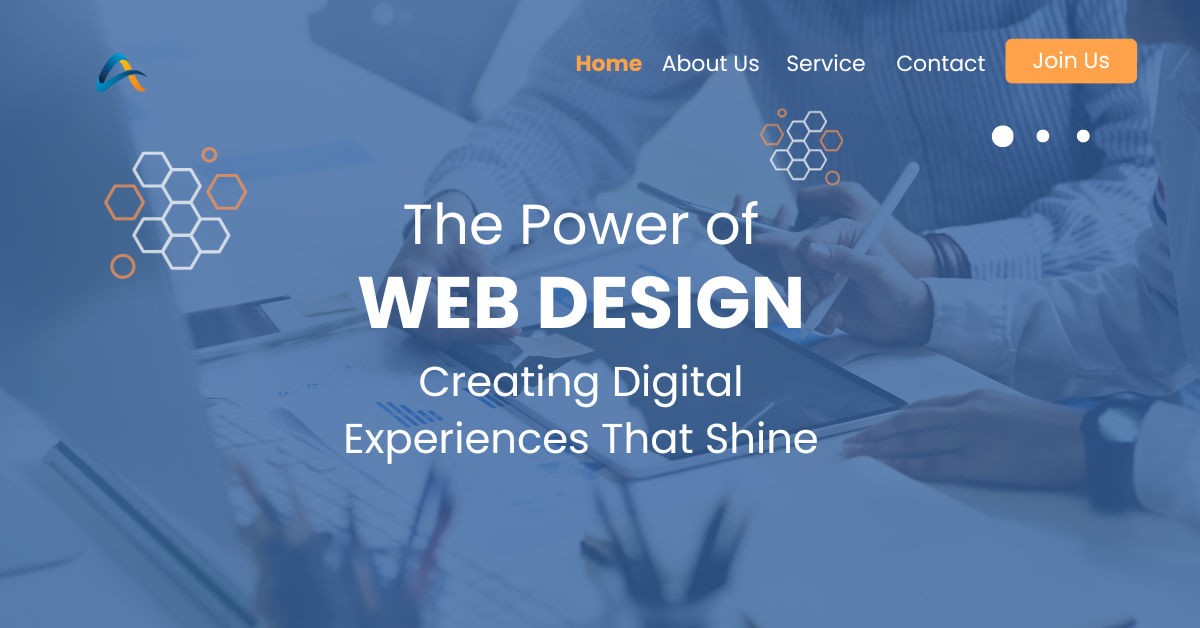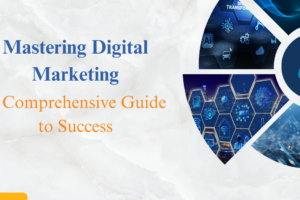
The Power of Web Design: Creating Digital Experiences That Shine
In today’s digital era, a well-designed website is not just a luxury; it’s a necessity. Whether you’re an individual looking to showcase your portfolio or a business aiming to expand your online presence, web design is the key to success. In this article, we’ll delve into the world of web design, exploring its significance, the benefits it offers, and the essential features that make a website stand out.
The Significance of Web Design
1. First Impressions Matter: Your website is often the first interaction potential customers have with your brand. A well-designed site creates a positive first impression and can encourage visitors to stay longer and explore your content.
2. User Experience: Web design isn’t just about aesthetics; it’s about creating a seamless and enjoyable user experience. Easy navigation, fast loading times, and clear calls to action make it simple for visitors to find what they need.
3. Credibility and Trust: A professional, visually appealing website instills trust in your audience. It conveys the message that you’re a reliable and reputable entity.
Benefits of Web Design
1. Increased Visibility: A well-designed website is more likely to rank higher in search engine results. This can significantly improve your online visibility and drive more organic traffic to your site.
2. Enhanced User Engagement: Engaging and user-friendly websites encourage visitors to spend more time on your site, explore your products or services, and potentially convert into customers.
3. Brand Consistency: Effective web design ensures that your brand identity is consistent across all digital channels, reinforcing brand recognition and trust.
4. Mobile Compatibility: Mobile users make up a substantial portion of web traffic. Responsive web design ensures your site looks and functions well on all devices, improving user experience.
Key Features of Effective Websites
1. Responsive Design: Your website should be responsive, meaning it adapts to different screen sizes and devices. This ensures a seamless experience for both desktop and mobile users.
2. Clear Navigation: An intuitive and well-organized menu structure helps visitors find the information they need quickly. Clear calls to action guide them toward specific actions, such as making a purchase or contacting you.
3. Compelling Content: High-quality content is essential. It should be informative, engaging, and relevant to your target audience. Regularly updated content can improve your search engine rankings.
4. Visual Appeal: The visual elements of your website, such as images, videos, and graphics, should be engaging and in line with your brand’s style. Visual harmony makes your site more appealing.
5. Speed and Performance: Fast loading times are crucial. Slow websites can result in higher bounce rates, pushing potential customers away.
6. SEO Optimization: Effective web design includes optimizing your site for search engines. This involves using proper meta tags, headers, and optimizing images to enhance search engine rankings.
In conclusion, web design is an essential element in the digital age. It can transform your online presence, improving user experience, increasing visibility, and ultimately driving growth for your personal brand or business. By focusing on responsive design, clear navigation, quality content, visual appeal, speed, and SEO optimization, you can create a website that shines and sets you apart in the digital landscape.


